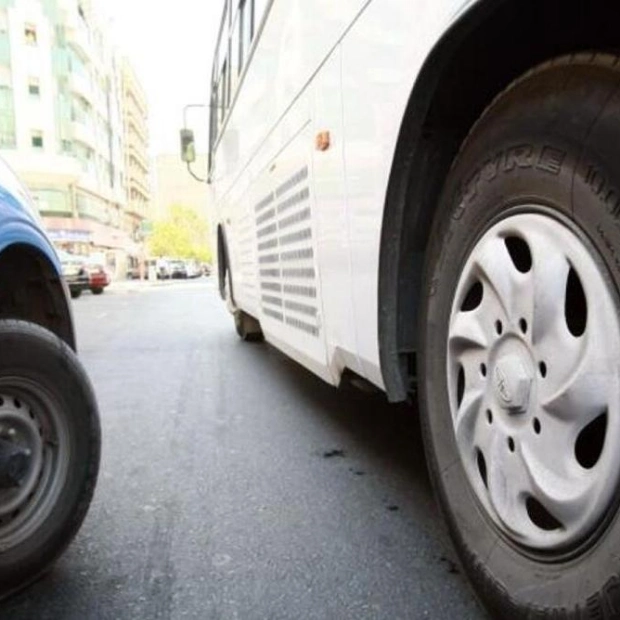Organ donation is a commendable act that can significantly improve lives and provide hope to individuals battling terminal illnesses. Each donation has the potential to save multiple lives and profoundly affect the loved ones of patients.
‘Hayat’ is the national initiative aimed at increasing the number of organ and tissue donors. The UAE permits the transplantation of human organs and tissues from both living donors and deceased individuals, as stipulated by Federal Decree Law No. 25 of 2023. Living donors can donate kidneys and portions of their liver to relatives up to the fourth degree, as well as to non-relatives. Post-mortem donors can donate vital organs such as the heart, liver, kidneys, lungs, pancreas, and parts of the intestine, in addition to tissues.
Here’s a comprehensive guide on organ donation and transplantation in the UAE, covering everything from registration to religious and legal considerations:
What UAE Law States
In 2016, the UAE enacted its organ transplant law, which streamlined deceased organ transplants and outlined the regulations for living donations, including kidney donations from family members up to the fourth degree. Subsequently, the country launched the National Programme for Organ Donation and Transplantation, known as Hayat (life in Arabic), to bolster support and resources for organ donation and transplantation.
In September 2023, the UAE further refined its policies with the enactment of Federal Decree Law No 25 of 2023, which for the first time allowed altruistic kidney donations in the country. The transfer of any organ or part of an organ is only permissible with confirmation of death from a panel of three specialized doctors.
According to Islam
According to Islamic Sharia, organ donation is life-saving and the majority of jurists’ fatwas indicate that the donation is permissible. The primary basis for this view is the principle of saving lives, which is highly valued in Islam.
Prohibitions Under the Law
The law strictly prohibits the sale of human organs, tissues, or other body parts for transplantation purposes. It also bans any unauthorized advertising related to the transplantation of these materials.
Conditions for Living Donors
Living donors must be legally competent and must unequivocally indicate that they are donating their organs voluntarily. An authorized medical committee must also confirm that the donation will not pose any harm to the donor. Donations from living donors are restricted to relatives within the fourth degree and couples who have been married for at least two years. While living donors can withdraw their consent at any time, once an organ has been removed, it cannot be recovered.
Conditions for Deceased Donors
For deceased donors, it is not permissible to remove an organ unless the donor’s wish is conclusively confirmed before death and formally documented either by the notary public or through the Emirates Identity card. Additionally, organ removal can only be done following a confirmation of death. By law, the identity of both the donor and recipient must remain confidential.
How to Register
Under the Hayat programme, any individual in the UAE aged 18 and above with an Emirates ID can register their desire to donate organs after brain death. After completing registration, the applicant will receive an electronic donor card. Those interested in registering can do so on the Ministry of Health and Prevention (MoHAP) website (https://mohap.gov.ae/en/services/social/organ-donation). On the webpage, enter your details, including your name, residence emirate, nationality, date of birth, blood group, gender, and email address. Agree to the declaration and terms and conditions and proceed to click on the 'consent'.
Organ Donation Process
After a person's death, their family will be promptly contacted if they are registered organ donors. It is crucial to discuss your decision to donate with your family, as they will ultimately need to make the final decision, even if you have already given your consent.
Licensed Health Facilities for Transplantation
The UAE government advises the public to avoid illegal and unauthorized organ transplants. The following are the licensed facilities for organ transplantation in the UAE:






